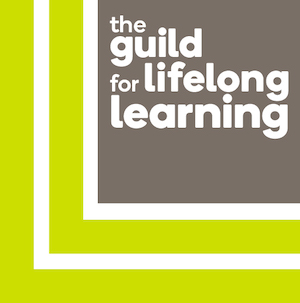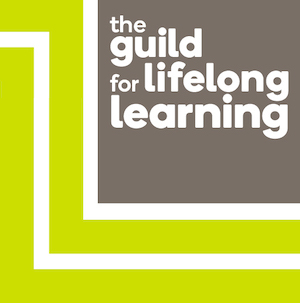All Categories > Archaeology, History & History of Art
Course synopsis
This five-week course explores the 1940s' diverse cultural landscape, focusing on music, entertainment, and societal shifts during and after World War II. Students will examine European music under Nazi occupation, the escapism of wartime entertainment, and the jazz revolution. The course also covers British musical resilience, post-war changes, and the impact of the Blitz. Beyond music, it explores the Empire's unraveling, Israel's creation, and the 1951 Festival of Britain, highlighting cinema's crucial role during this transformative decade.
AGAINST THE ODDS: EUROPEAN MUSIC IN WORLD WAR 2
Given the circumstances It is remarkable how much music was made in mainland Europe during the Second World War. A great deal of it was produced under Nazi occupation and some of it was created under the most appalling conditions Paradoxically this included masterpieces by the composers concerned.
GETTING AWAY FROM IT ALL: ESCAPIST ENTERTAINMENT IN THE 1940s
The War filled newspapers and radio bulletins while couples parted not knowing if they would meet again. People needed to take their minds off their day-to-day anxieties. The American entertainment industry responded big-style. Young people went dancing, children enjoyed cartoons and everyone watched feel-good films from westerns to musicals.
HOTHOUSE: THE 1940s JAZZ REVOLUTION
At the beginning of the 1940s, jazz was America’s pop music. Big band swing, with its smooth rhythms and star soloists, filled the ballrooms. But by the end of the war, attention had shifted to a group of young African-Americans who were creating radical new sounds - music to listen to, not to dance to. Jazz would never be the same again.
KEEP CALM AND CARRY ON: BRITISH MUSIC IN WORLD WAR 2
The Blitz began in September 1940 and from then was subjected to continuous terror and deprivation. Withstanding it all was no easy matter but the fortitude shown was reflected in music across the spectrum. Most of it was naturally intended to lift the spirits but there was room too for more profound observation.
POST-WAR DIRECTIONS
Immediately after the War there was a widespread desire to move on and create a new future. The music industry was a big part of that. Big band swing, which had sustained millions through the early 1940s, now sounded old-fashioned. Advances in technology led to new sounds and a revolution in popular culture was about to ignite.
..................
Put that light out - The war on the home front
The Second World War saw a dramatic change in the impact of war for Britain. In previous wars fought in Europe, the civilian population suffered indirect deprivation. Not since the English Civil War had the population been directly impacted by the enemy. This time the Germans had more strategic weapons than the Zeppelins. The Blitz changed everything…no one seemed safe even the evacuees. The home fires that were burning were the very houses they lived in!
Partition – The Empire unravels
At the end of a meal there is always the bill to pay. For centuries the British Empire had been expanding and profiting at the expense of the people it purported to be protecting. The war had been fought and won and the role played by his Majesty’s loyal Commonwealth Subjects had been vital to the war effort. But now the people of the far-flung empire sought their own independence. The British found themselves having to pay the price and they chose to walk away.
Holocaust to Nationhood – Palestine the blue touchpaper
Pieces of paper signed and waved frequently promise “Peace in our time” unfortunately the words are hardly worth the paper they are written on. These promises are often made at the expense of others benefitting the strong and wrongfooting the weak. The Balfour Declaration was such a piece of paper open to misinterpretation with last minute amendments that sealed the fate of millions. In 1948 the shadow of genocide hung over the creation of the State of Israel and one wrong was redeemed by the creation of another.
1951 – The Festival of Britain – the Battersea Funfair
After the war Britain was effectively on its knees. The war effort had ruined the economy and the new Labour Government led by Clement Atlee were tasked with restoring the nation and bringing back normalcy. It was in this way that Britain entered a period of rebuilding which was characterised by Austerity. In spite of the many social reforms introduced by the post war government (including the NHS) In 1951 the government wanted to celebrate the national revival with a great party on the South Bank and in particular Battersea.
A Matter of Life and Death - The Cinema and Entertainment in the Forties
At a time of major psychological stress, the only counter activity was entertainment. The music hall was still an option but many of the performers were not available as they toured the battlefields bringing much needed comfort to frontline troops. The Radio became a vital lifeline with the accent on music and comedy. But the greatest draw was the cinema which really came into its own in the war years and provided the antidote to austerity in the years after.
Book your place
| Time/Place | Price | Sessions | Quantity |
|---|
Note: places on courses and events are only reserved once purchased.

